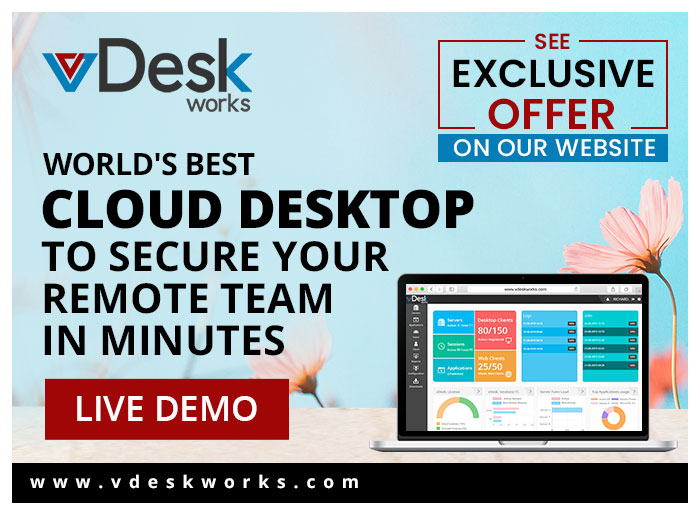
Integrating Business Accounting Software to Improve Financial Reporting and Analysis
In the dynamic world of business, maintaining accurate and timely financial reports is not just a necessity—it’s a strategic advantage. With the right tools in place, businesses can transform their financial management from a cumbersome task into a streamlined, data-driven process. Integrating business accounting software is one of the most effective ways to achieve this transformation. By automating routine tasks, reducing human error, and providing instant access to critical financial insights, accounting software enables organizations to enhance both their reporting and analysis capabilities, empowering decision-makers to act quickly and confidently.
This article explores how integrating business accounting software can improve financial reporting and analysis, offering businesses a more streamlined, accurate, and actionable approach to managing their finances.
The Importance of Financial Reporting and Analysis
Financial reporting provides a snapshot of a company’s financial performance, helping stakeholders—including executives, investors, and regulators—understand its fiscal health. Key financial reports, such as the balance sheet, income statement, and cash flow statement, are used to assess profitability, liquidity, and overall financial stability.
Analysis, on the other hand, involves interpreting these reports to identify trends, assess operational efficiency, and make informed forecasts. Effective financial analysis allows businesses to plan for the future, allocate resources wisely, and identify areas of improvement or risk.
However, traditional methods of managing financial data—such as spreadsheets and manual data entry—are prone to errors and inefficiencies, making it difficult to provide accurate and timely reports. This is where accounting software comes in.
Key Benefits of Integrating Business Accounting Software
- Automation of Financial Processes
One of the primary advantages of integrating business accounting software is the automation of financial processes. By automatically capturing transactions, categorizing expenses, and reconciling accounts, the software reduces the need for manual data entry. This not only saves time but also minimizes the risk of human error, ensuring that the financial data is accurate and up-to-date.
With automated features like invoicing, payroll, and tax calculations, businesses can generate financial statements quickly, improving the efficiency of reporting cycles.
- Real-Time Data Access
Access to real-time data is crucial for effective financial reporting and analysis. With integrated accounting software, businesses can instantly view up-to-the-minute financial information. This eliminates delays caused by manual reporting processes and allows decision-makers to act on the most current financial data.
By enabling real-time access to key financial metrics, businesses can identify emerging trends and make proactive adjustments to their operations. Real-time data also facilitates better cash flow management, helping businesses maintain optimal liquidity levels.
- Centralized Data for Improved Accuracy
Integration allows businesses to consolidate financial data from multiple sources into a centralized platform. Instead of relying on disparate systems or manual entry, accounting software centralizes financial information, making it easier to generate accurate reports and analyses.
By ensuring that all data is integrated into a single system, businesses can avoid discrepancies or inconsistencies in their financial statements, which can arise from errors in data transfer between different tools or departments. This centralized approach also facilitates better collaboration across teams, as everyone has access to the same up-to-date financial data.
- Advanced Reporting Features
Business accounting software often includes advanced reporting features that can produce a variety of customizable reports. These reports can be tailored to the specific needs of the business, providing deeper insights into financial performance.
For example, businesses can generate profit and loss statements by department, track expenses by project, or monitor key performance indicators (KPIs) such as gross margin, return on investment (ROI), or sales growth. These customized reports enable more granular analysis, making it easier for stakeholders to understand the financial health of the organization.
- Forecasting and Predictive Analytics
Many modern business accounting software solutions incorporate predictive analytics, which helps businesses forecast future financial performance based on historical data. This capability is particularly valuable for budgeting and long-term planning.
For instance, the software can identify trends in revenue or expenses, project cash flow, and provide insights into potential risks. With these tools, businesses can make data-driven decisions that position them for sustainable growth and profitability.
- Enhanced Financial Compliance
Financial compliance is a critical consideration for businesses in all industries. Accounting software integrates with tax and regulatory systems to ensure that financial reports are compliant with local and international standards. By automating tax calculations, generating reports that meet regulatory requirements, and maintaining audit trails of financial transactions, businesses can reduce the risk of non-compliance.
This integration also helps businesses stay updated on changes to tax laws or accounting standards, minimizing the risk of costly errors or penalties.
How to Integrate Accounting Software for Optimal Reporting and Analysis
Integrating business accounting software into your financial operations requires careful planning and execution. Here are the steps to ensure a smooth integration process:
- Assess Your Business Needs Determine what features and capabilities you need from the software. Consider factors such as the size of your business, the complexity of your financial operations, and any specific industry requirements. This will help you choose the right software that aligns with your goals.
- Choose the Right Accounting Software Select a software solution that is scalable, user-friendly, and compatible with your existing systems. Look for software that offers cloud-based access, integration with other business tools (such as CRM and payroll systems), and a strong track record of security and customer support.
- Train Your Team Proper training is essential to ensure that your finance team can fully leverage the software’s capabilities. Provide staff with the necessary resources and support to get up to speed with the new system. Training will help minimize resistance to change and maximize the software’s potential.
- Integrate with Existing Systems Integration with other business systems, such as inventory management or CRM software, can enhance the functionality of your accounting software. Work with your IT team or a third-party provider to ensure seamless data flow between systems.
- Monitor and Optimize After integrating the software, monitor its performance and gather feedback from users. Continuously optimize workflows to take full advantage of the software’s features. Regularly review reports to ensure that they are accurate and that your business is meeting its financial goals.
Conclusion
Integrating business accounting software is a powerful way to improve financial reporting and analysis. By automating processes, providing real-time data, and enabling advanced reporting features, businesses can enhance accuracy, reduce costs, and make more informed financial decisions. As the business landscape continues to evolve, leveraging technology to streamline financial management is not just a competitive advantage but a necessity for long-term success.
By carefully choosing and integrating the right accounting software, businesses can ensure they are equipped with the tools they need to thrive in an increasingly complex financial environment.










No Comment